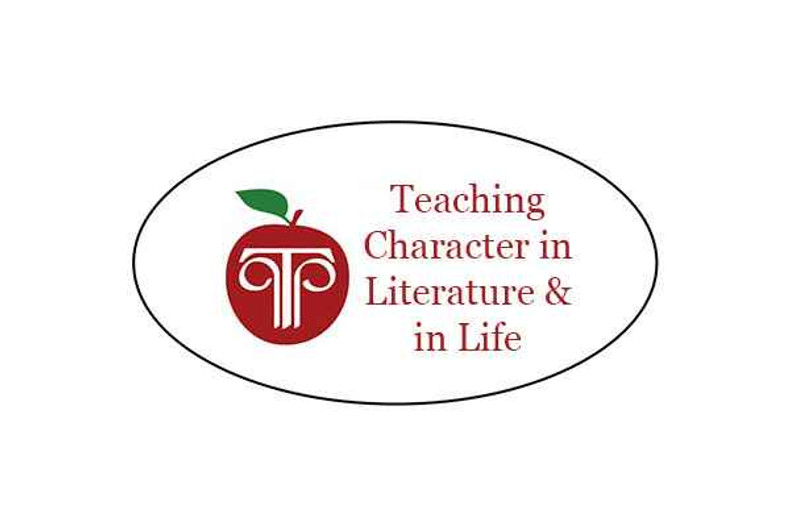We teach the elements of fiction over and over and over again as we teach novel after novel, and character is certainly an important element of fiction, but do we really take advantage of the opportunity to impact our students' lives with the study of character? I think mostly not...but we should.
Studying character for the sake of understanding the character and that person's actions (and interactions) in the story is good for teaching analytical thinking. But we oftentimes skip the last step of application. Our students get to the point where they know the character, they have done graphic organizers listing the character's traits and perhaps where examples of those traits can be found in the text. They may even understand why the character acts in particular ways in the story. And all of that is great! But so what?
Unless we take the next step of applying or linking the character's life to real life, we're leaving out the real value of reading fiction and studying character.
Why
I personally don't like to read fiction; I prefer non-fiction (which is pretty strange considering what I do for a living!). For me, as is probably true for many of our students, I couldn't care less about Holden Caulfield's whining throughout The Catcher In The Rye. (Apologies to those of you who love that book.) But if I have to teach it, the value of it comes from not only evaluating his character to practice analytical thinking, but exploring with students what they should personally take away with them, what they personally can gain, from studying his character. What about Holden is good? What about him is bad? Why did he do what he did? And what does that mean to me? Would I help Holden, given the opportunity? Would I be a friend to a person like Holden? Am I like Holden in some ways, and if so, is that good or bad? Should I try to change my outlook or behavior? Is Holden a model of success? What is success? You get the idea.
Without application to real life, character study is academically interesting but irrelevant. Who cares? --which is what many students say or think.
Taking the step of application answers that question and gives students (and people like me) the reason to read the book and study the characters.
How
One way to implement application is to start in reverse: start with the reason why before reading the book. I've had classes, and I'm sure you have too, where simply trying to get students to do the reading assignments is like pulling teeth. We end up reading in class because students won't even take their books home to do any reading assignments.
If you start with the application step, sometimes that helps get students into the story, makes them somewhat motivated to read the story. They want to know what's in it for them--why they should bother reading it. You can't just say, "You should read this story because you will learn good and bad character traits from Holden Caulfield." You have to hit on something closer to home.
In the case of some students, saying something like, "How many of you love coming to school every day to learn and come to classes?" then "How many of you are basically indifferent about school and really only come to hang out with your friends all day?". "How many of you think your parents are great and try to do what they want you to do?" then "How many of you think your parents are out of touch so you just do whatever you want as much as you can?". "Yeah, that's what I thought. You're really going to like Holden Caulfield and this book. He couldn't care less about school, and he likes hanging out with friends he thinks understand him." This approach sometimes works if your students are like Holden.
If they are not, and your students are motivated readers and good students, maybe looking forward to going to college, you might try this approach: "What is success? What makes a person successful? What makes a person good? What do you think you will do at college?" And go on in discussion to relate your students' responses to the character of Holden.
The point is to find the thing in the character that your students can relate to, and focus on that to draw them into the book.
The Process
As you read the book, keep it relevant. Questions like: What do you think of [character's action]? Would you ever do something like that? Was it good or bad? What would you do in that situation? Would you be friends with this character? Do you know someone like this character, and how do you relate to that person? Can you see how what the character does is valuable, destructive, helpful, mean, (etc. whatever)? What have you learned from this character? Where in your life can you apply what you have learned? And so on.
In The End
Literature has models of all kinds of people. In the end, after studying a work of fiction, students should have something concrete to take away with them from the book...something that matters to them; something they can apply to themselves. Academic exploration is good and useful and sharpens skills, but learning about character to learn how to successfully navigate life and how to be a person of good character, it seems to me, is what character study is all about. We need to help students make that connection to real life.




